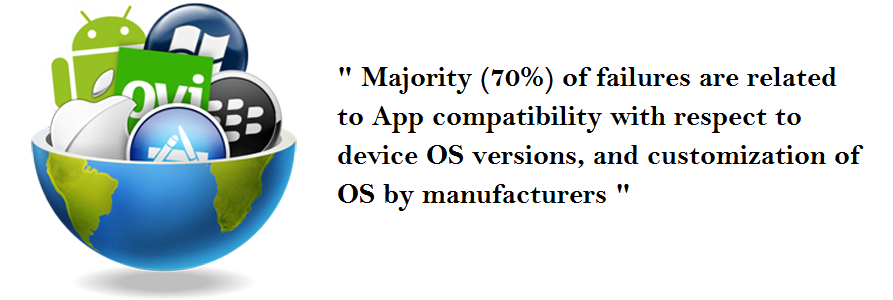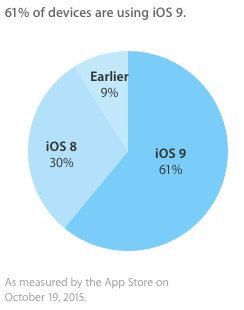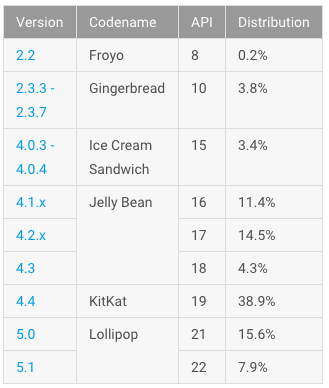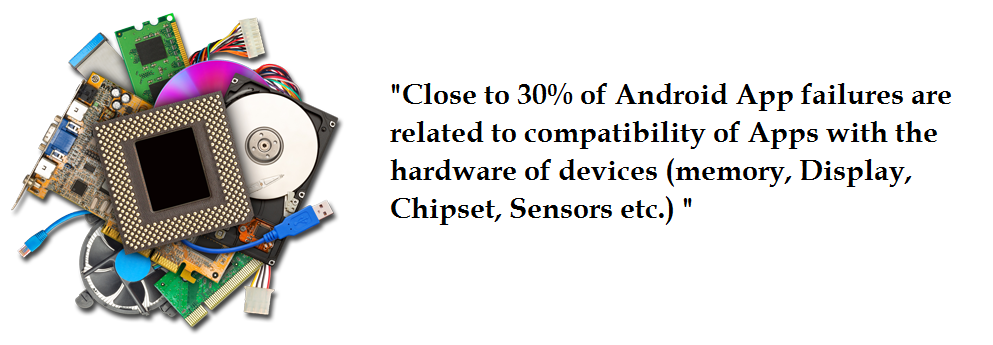Test Your Mobile App on Different Devices
The Technology involved in mobile devices is changing rapidly. Mobile phones have literally personalized the choices in our lives, experts forecast that the future devices will be the remote controls of our lives. The services or functions are run by apps in specified platforms. And each platform has its own set of parameters to run an app. Mobile phone or device manufacturers are going through a breathtaking pace of change over the years and keeps on innovating new ways of doing things!
Why Apps fail?

Above data clearly show that handling Device fragmentation is one of the biggest challenges for App developers. Android has more fragmentation issue compared to iOS. Because the number of mobile vendors, is comparatively higher. However, even iOS faces certain amount of fragmentation issue. As there are different software versions and devices. And different devices run different iOS versions.


Mobile browsers can be challenging too! There are end numbers of browsers like Safari, Opera, Goggle Chrome and Dolphin. And each one of them has different versions for different platforms!
“So, what’s the right choice? Buying every device available in the market?”
Not necessarily, right device matrix is the key to success.
You can choose one of the two approaches to arrive at your device matrix
Device diversity Approach
- Decide the device matrix based on key parameters like OS versions, screen size/resolution, manufacturer/device family (Android), operator, CPU, and input method
- Objective is to maximize the variety of devices
Market segment + Device popularity approach
- Choose devices with the highest market share
- Objective is to maximize market coverage
Once you have the right device matrix, Device Cloud is the best option to get quick access to your device matrix.
As a tester, you must consider the ever increasing number of physical devices. The most important implementations should be automation, quality assurance, security and device compatibility. Also, ensure that the software scripts cover the core functionality of the application, so that it can run across all the platforms.



 February 07, 2025
February 07, 2025
 January 24, 2025
January 24, 2025